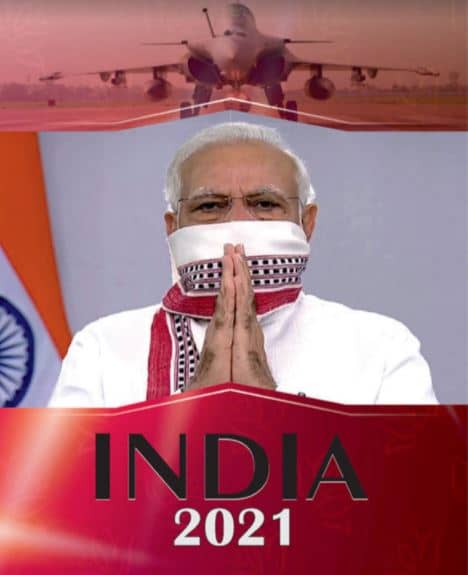‘India Year Book Government’ PDF Quick download link is given at the bottom of this article. You can see the PDF demo, size of the PDF, page numbers, and direct download Free PDF of ‘India Year’ using the download button.
India Year Book PDF Free Download

Contents Of Year Book
- The Land and People
- National Symbols
- Polity
- Agriculture
- Culture and Tourism
- Basic Economic Data
- Commerce 8. Communications and Information Technology
- Defence
- Education
- Energy
- Environment
- Finance
- Corporate Affairs
- Food, Civil Supplies and Consumer Affairs 16. Health and Family Welfare
- Housing and Urban Affairs
- India and the World
- Industry
- Law and Justice
- Labour, Skill Development and Employment 22. Mass Communication
- Planning
- Rural Development
- Scientific and Technological Development 26. Transport
- Water Resources
- Welfare
- Youth Affairs and Sports
- States and Union Territories 31. Diary of National Events
- General Information Appendices
1. The Land and People
“INDIA is the cradle of the human race, the birthplace of human speech, the mother of history, the grandmother of legend and the great grandmother of tradition. Our most valuable and most instructive materials in the history of man are treasured up in India only.”Mark Twain
Mark Twain
India has a unique culture and is one of the oldest and greatest civilizations in the world. It stretches from the snow-capped Himalayas in the north to the sun-drenched coastal villages of the south and the humid tropical forests on the southwest coast, from the fertile Brahmaputra valley on its east to the Thar Desert in the west.
It covers an area of 32,87,263 sq. km. It has achieved all-round socio-economic progress during the last so many years of its independence.
3. Polity
INDIA, a union of states, is a Sovereign Socialist Secular Democratic Republic with a parliamentary system of government.
The Republic is governed in terms of the Constitution, which was adopted by the Constituent Assembly on November 26, 1949, and came into force on January 26, 1950.
The Constitution which envisages a parliamentary form of government is federal in structure with unitary features. The President of India is the constitutional head of the union executive.
Article 74(1) of the Constitution provides that there shall be a Council of Ministers with the Prime Minister as its head to aid and advise the President who shall in the exercise of his functions, act in accordance with such advice.
The real executive power thus vests in the Council of Ministers with the Prime Minister as its head. The Council of Ministers is collectively responsible to the House of the People (Lok Sabha).
Geological Structure
The Indian sub-continent can be divided in three regions: (i) Extravvpeninsular regions (the Himalayas); (ii) Indo-Gangetic plains; and (iii) Peninsular regions. The present configuration of India is attributed to the collision of Indian plate with the Eurasian plate around 4-5 crore years ago.
This collision and later subduction of the Indian plate has resulted in the formation of most picturesque mountain chain in the world. Prior to the collision, the area remained under marine conditions for a long duration and was covered by an ocean known as Tethys.
In the south of Himalaya, there is a foreland basin known as Indo-Gangetic plains. These plains are youngest in age, highly fertile in nature and mainly consist of alluvium deposited by the rivers draining from the Himalayas and the peninsular regions.
India_2021_DPD: E published on DPD mobile app The peninsular region is shaped like an inverted triangle and considered a storehouse of economic minerals for India.
This region is relatively stable and consists of rock unit of earliest periods dating back as far as 3.8 Ga (~380 crore years). The rest is being covered by the Gondwana Supergroup, lava flows belonging to the Deccan Trap volcanism and younger Quaternary sediments.
| Author | MoI&B |
| Language | English |
| No. of Pages | 1065 |
| PDF Size | 6 MB |
| Category | Government |
Related PDFs
Second Treatise of Government PDF By John Locke
EPF Wages Ceiling 21000 Notification PDF
All Government Telephone Directory PDF
India Year Government Book 2021 PDF Free Download In English
